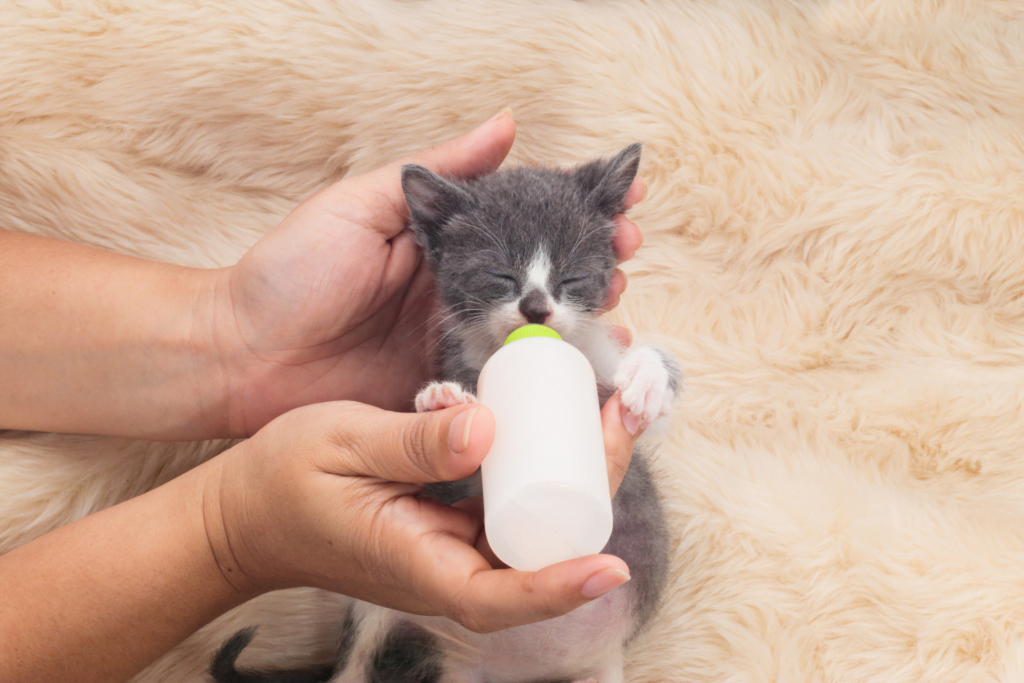
Are Cats Lactose Intolerant? Uncovering the Truth About Cats and Milk Myths!
Many times, we’ve seen cats choosing milk as their favorite food. It’s a scene ingrained in our minds through countless cartoons, books, and advertisements. This portrayal has led many cat owners to believe that milk is a natural and healthy treat for their feline friends. But is this popular belief actually true?
In some cases, milk never creates any problems for some cats. But one question Are Cats Lactose Intolerant? However, the practice of giving milk to cats might not be as harmless as it seems. In fact, it could lead to digestive issues and discomfort for many cats. This common misconception prompts an important question: Are cats really lactose intolerant?
In this article, you will get complete and real guidelines about Cats and Milk Myth and Are Cats Lactose Intolerant? All the guidelines provided by veterinarians. We’ll uncover the truth about feline milk myths by exploring the science behind lactose intolerance in cats and providing guidance on what you should or shouldn’t give your furry companion. We’ll delve into the concept of lactose intolerance, examine historical and cultural influences, present scientific findings, discuss the health implications for cats, and offer practical advice for cat owners.
Moreover, many related topics will be included in this article that happen to you regularly. By the end of this article, you’ll have a clearer understanding of whether milk is a friend or foe to your beloved cat and what alternatives can ensure their health and happiness.
First, Understanding Lactose Intolerance Before Making a Decision
It is a good habit to make a plan before making any decision. When it comes to your feline friend, you definitely need to make a deep plan to avoid all harm. In this section, I will cover all the topics you should understand before giving milk to your cat. Learn all about lactose intolerance here.
Definition of Lactose Intolerance
Do you know what lactose is in Cats and Milk Myth? Lactose is a nutrient that comes from milk. You can’t get it from other food items because it naturally comes from milk. When does lactose create a problem? Lactose intolerance occurs when an individual’s digestive system is unable to properly break down lactose, a sugar found in milk and dairy products. This condition happens due to a deficiency in lactase, the enzyme responsible for digesting lactose. Without enough lactase, lactose remains undigested and ferments in the gut, leading to various digestive symptoms.
Mechanism in Cats vs. Humans
Lactase production: Both humans and cats produce the enzyme lactase, which is necessary for digesting lactose. However, the production of lactase typically decreases after weaning in both species.
Humans: In humans, lactose persistence (continued production of lactase into adulthood) varies widely among populations, allowing some adults to digest lactose without any issue. In populations where lactase persistence is low, lactose intolerance is more common.
Cats: In cats, lactase production also diminishes significantly after weaning. Kittens are able to digest their mother’s milk efficiently. But as they grow and transition to solid food, their ability to produce lactase decreases. Consequently, many adult cats become lactose intolerant.
Symptoms and Effects
When lactose-intolerant individuals, whether humans or cats, consume dairy products, they may experience many problems. These common and known issues happen with humans and cats, such as:
- Diarrhea: The undigested lactose draws water into the intestines, leading to loose stools.
- Gas and bloating: Fermentation of lactose by gut bacteria produces gas, causing bloating and discomfort.
- Stomach Pain: The build-up of gas and the increased movement of water into the intestines can cause cramping and abdominal pain.
The Myth of Cats and Milk
Historical Context: The image of cats drinking milk is deeply rooted in history. This association may have started in agricultural societies where cats were kept to control rodent populations around farms and dairies. Farmers would often feed surplus milk to their cats, creating the enduring link between cats and milk. Over time, this practice was idealized and romanticized.
Literature and Media: Many times we notice the portrayal of cats enjoying milk perpetuated in countless stories, cartoons, and advertisements. Actually, this is not real. Classic children’s books and animation often show cats eating milk as their favorite food, reinforcing the idea that milk is a natural and healthy treat for cats.
Advertising: Most of the time, dairy farms advertise that cats are likely to eat milk. They do this to create interest in the audience, but this is not the reality. These marketing efforts have contributed to the widespread belief that milk is beneficial for cats.
Popularity of the Image: The appealing visual of a cat with a bowl of milk has become a cultural staple. The general imagery made the simple idea that milk is the favorite food of cats. Many cat owners think like that.
Reality Check: Despite its popularity, the idea that milk is good for cats is largely a myth. Most adult cats are lactose intolerant. They lack the necessary enzyme (lactase) to properly digest lactose found in milk. This can lead to digestive issues such as diarrhea, vomiting, and stomach pain. Actually, this is the reality, but there are also many benefits with veterinary milk and lactose. You should also know about these.
Scientific Evidence (Studies on Feline Digestion)
Here you will see some info determined by research provided from significant studies. Read the section properly to better understand about Are Cats Lactose Intolerant?.Here I will specifically describe five points:
- Enzyme Production
- Decline in Lactase Production
- Lactose Intolerance
- Professional Recommendations
- Advice on Alternatives
Enzyme Production: Studies have shown that, like humans, kittens produce the enzyme lactase in abundance during their nursing period. This allows them to efficiently digest their mother’s milk, which is rich in lactose. So it is proven that mother’s milk is fully harmless for cats. But if your cat lives without its mother, what should you do? Can you give lactose in those situations to your cat? Yes, you can give milk or lactose to your motherless cats, but the milk should be formulated by a veterinarian. You can’t offer any milk without veterinary formulation. Below, I am providing complete guidelines about it specifically.
Best Five Lactose-Free Kitten Milk Replacers Veterinary-Approved
Here I am sharing the best five veterinary-approved lactose-free kitten milk replacers for any motherless kitten. You can easily replace these to provide your kitten with proper nutrition. Let’s see the best five lactose-free kitten milk replacers which are veterinary approved.
PetAg KMR (Kitten Milk Replacer):
This product is available in both liquid and powder forms. PetAg KMR is designed to provide a complete diet for orphaned or rejected kittens. It contains the necessary vitamins, minerals, and trace nutrients that are essential for growth and development. The advantages of these products are that they are highly digestible, nutritionally balanced, easy to prepare (for the powder form), and available in convenient packaging.
Royal Canin Babycat Milk: This product is formulated to closely mimic the nutritional profile of a mother cat’s milk. It includes DHA for brain development and is designed to be highly digestible for young kittens. Key features of this item include prebiotics and antioxidants, an easy-to-mix powder form, and ensuring healthy growth.
Nutri-Vet Kitten Milk Replacement: Nutri-Vet’s formula is fortified with essential vitamins and minerals. It provides balanced nutrition for growing kittens and is designed to be easily digestible. The advantages of this product include taurine for heart and eye health, it comes in powder form, and supports healthy immune function.
PetLac Kitten Milk Replacement: PetLac is another trusted brand offering a milk replacer that provides complete nutrition for kittens. It’s designed to support the growth and development of kittens from birth to weaning. Key features of this product are that it is fortified with essential nutrients, easy to mix, and available in both liquid and powder forms.
Goat’s Milk Esbilac by PetAg: Although not exclusively for kittens, Goat’s Milk Esbilac is a popular choice because it’s easier for many kittens to digest compared to cow’s milk-based formulas. It’s fortified with vitamins and minerals necessary for growth. This milk is highly digestible, has a natural goat’s milk base, and provides complete nutrition.
Formulation and Nutritional Content
Before choosing a brand, you need to ensure that they work. Never buy any random product. You can use our given link to choose the right product. We always offer the best product.
- Balanced nutrition: These milk replacers are carefully made to provide the balance of essential nutrients that kittens need, such as protein, fats, vitamins, and minerals.
- Lactose-free: They are fully lactose-free, so you never need to worry about feeding. They are fully able to prevent digestive problems like diarrhea and bloating, which are common when kittens consume regular cow’s milk.
- Digestibility: These products are designed to be easily digestible, supporting the delicate digestive systems of young kittens.
How to Use and Prepare Lactose-Free Kitten Milk Replacers
There are some instructions that you need to follow before feeding lactose-free milk to your kittens. These guidelines are very essential and important to follow. So let’s check them out.
- Feeding schedule: Follow the feeding instructions on the product packaging, which include guidelines on how to prepare and how much to feed the kitten based on its age and weight. Everything you need will be provided with the product.
- Mixing instructions: For the powdered milk replacers, ensure that you mix the formula according to the instructions. When making the milk, use warm water and mix thoroughly to avoid lumps.
- Feeding Equipment: Use cat feeding bottles or syringes designed specifically for kittens. This equipment is necessary to avoid any danger and to ensure comfortable and safe feeding.
Explore the Best Kitten Feeding Equipment
Here I am sharing some of the best kitten feeding equipment that will help you feed your kitten easily and safely.
Amaizing Milk feeding bowl
Kitten Milk feeding Syring plus bowl
Milk feeding Bottle
Veterinary Guidance
Consultation: Always consult with a veterinarian before starting a kitten on a milk replacer. The vet can provide specific recommendations based on the kitten’s health, age, and nutritional needs.
Monitoring: Regular check-ups with the vet can help monitor the kitten’s growth and development, ensuring they are receiving adequate nutrition.
Decline in Lactase Production
As kittens mature and are weaned onto solid foods, their production of lactase decreases significantly. By adulthood, many cats produce very little lactase, making it difficult for them to digest lactose effectively.
Lactose Intolerance: Scientific experiments have demonstrated that when lactose-intolerant cats consume dairy products containing lactose, they commonly exhibit symptoms such as diarrhea, bloating, and gastrointestinal discomfort. These symptoms are indicative of lactose intolerance and highlight the digestive challenges cats face when given Cats and Milk Myth.
Professional Recommendations: Many veterinary professionals caution against feeding milk to adult cats due to the likelihood of lactose intolerance. They emphasize the importance of understanding cats’ digestive systems and providing appropriate dietary choices that align with their nutritional needs.
Advice on Alternatives: Veterinarians often recommend alternative treats and snacks that are safe and nutritious for cats, highlighting options such as specially formulated cat milk or lactose-free alternatives.
Formulated Cat Milk and Lactose-Free Alternatives
Here are five milk products formulated for cats that are fully lactose-free alternatives:
- Whiskas Cat Milk
- Cat-Sip Real Milk Treat
- KMR (Kitten Milk Replacer) Liquid by PetAg
- Goat’s Milk Esbilac Liquid by PetAg
- PetLac Liquid for Kittens
These alternatives will have no negative impact on your cat. Hopefully you got a complete guide for Cats and Milk Myth.
-
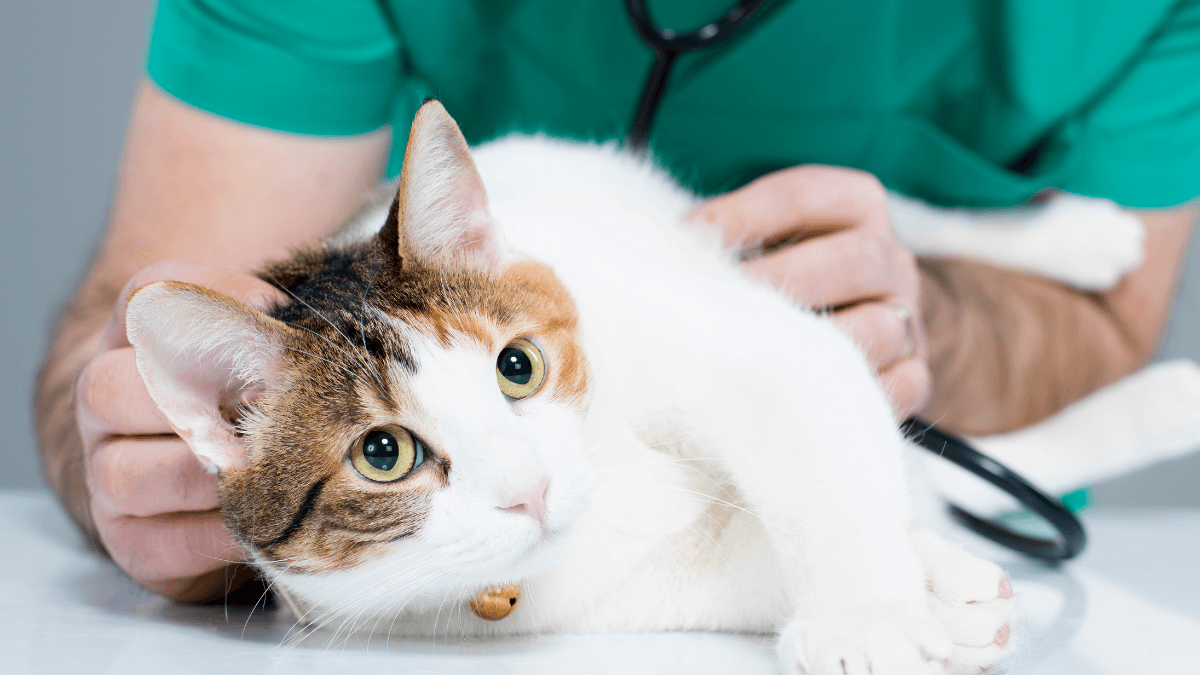
Essential Cat Health Care Tips | A Comprehensive Guide!
-
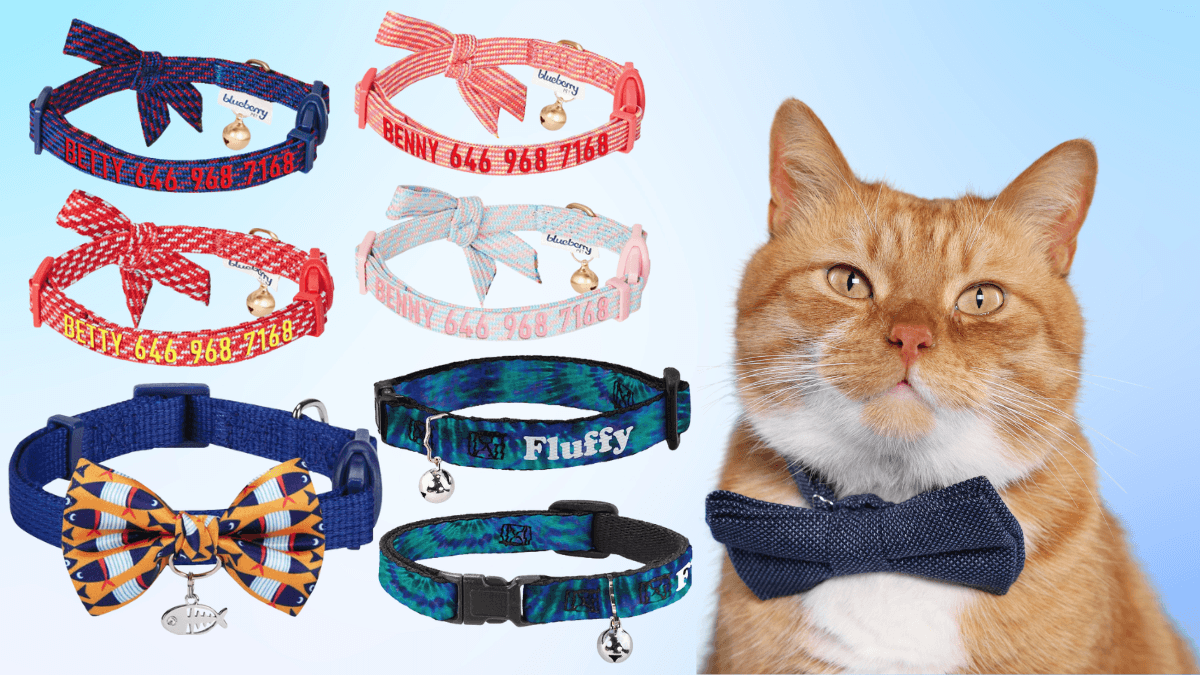
Top 4 Cat Bow Ties | The Purrfect Accessory for Stylish Cats!
-
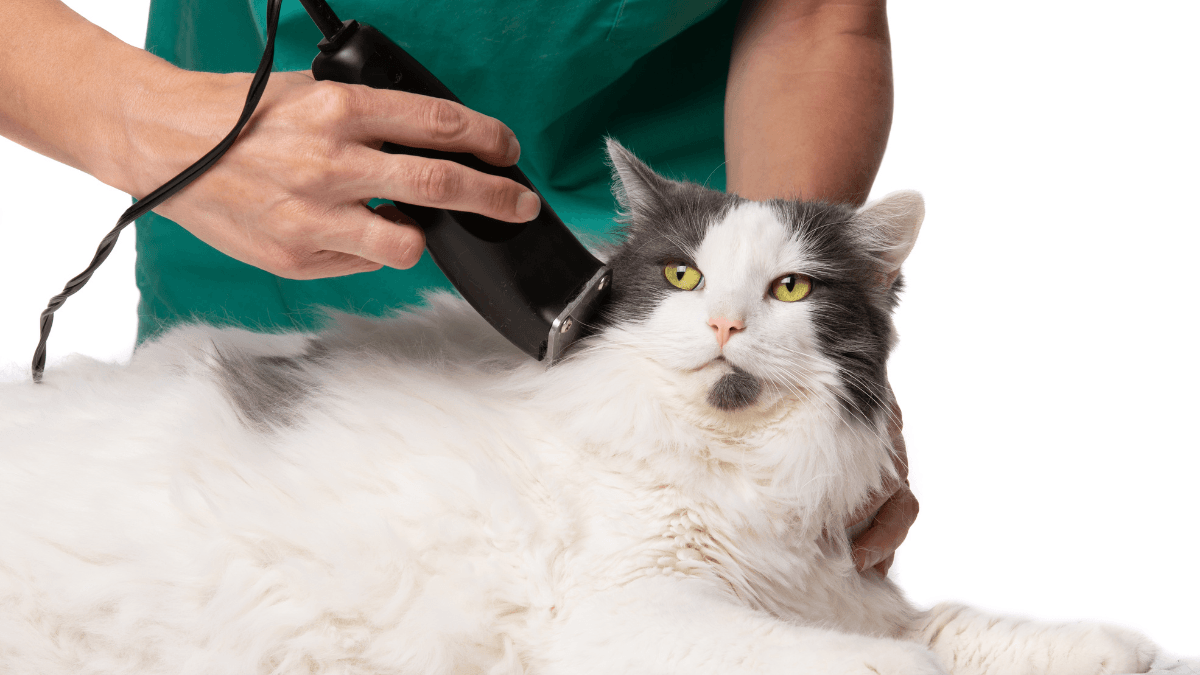
Why Mobile Cat Grooming Is the Best Choice for Busy Cat Owners?
-

Are Tulips Toxic to Cats? Protect Your Cats from Tulips Dangers!
-
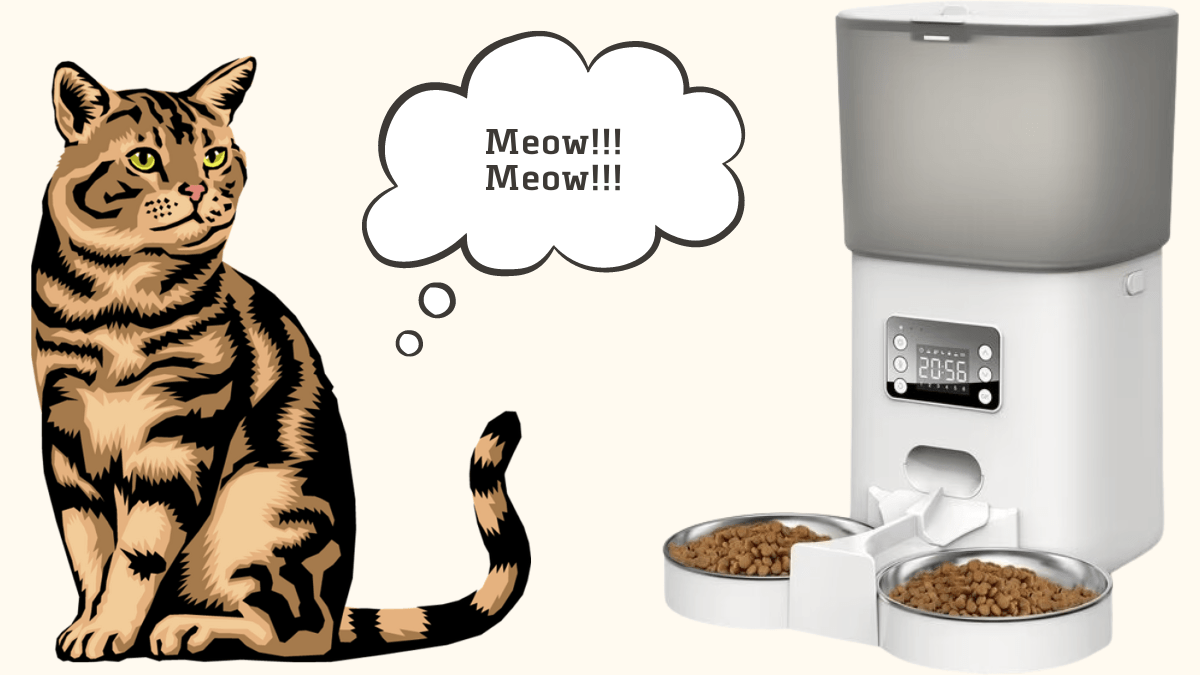
6L Cat Feeder: The Ultimate Solution for Hassle-Free Feeding
-
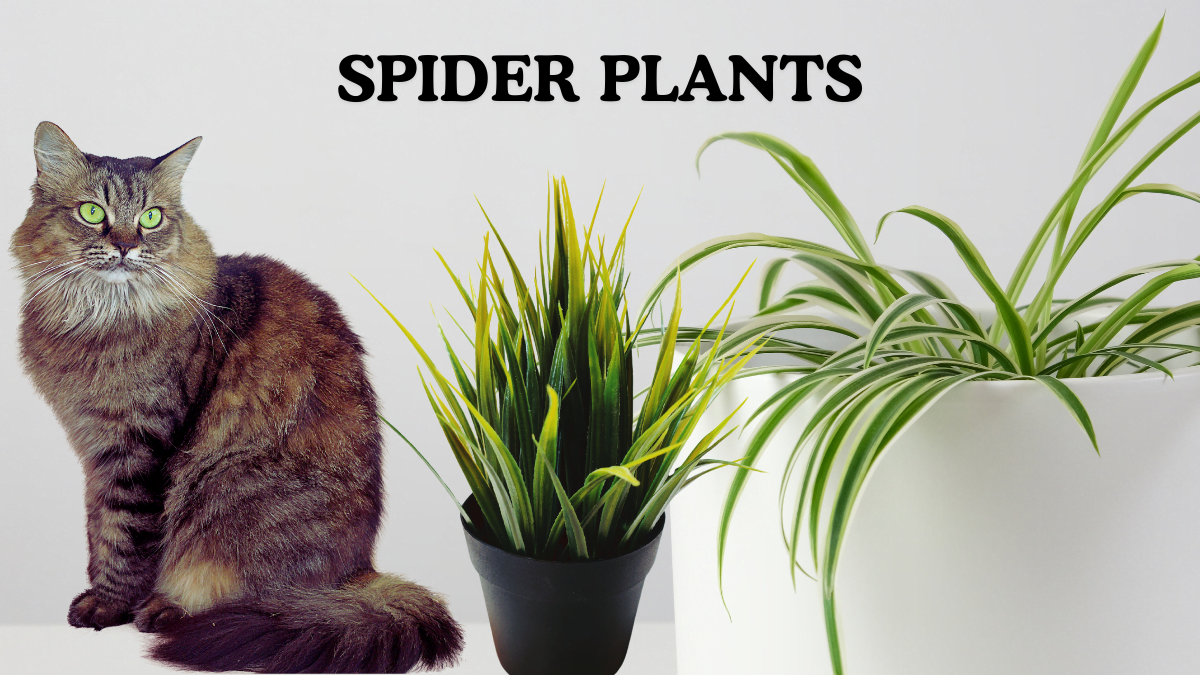
Are Spider Plants Toxic to Cats? The Surprising Truth Every Cat Owner Should Know!
-
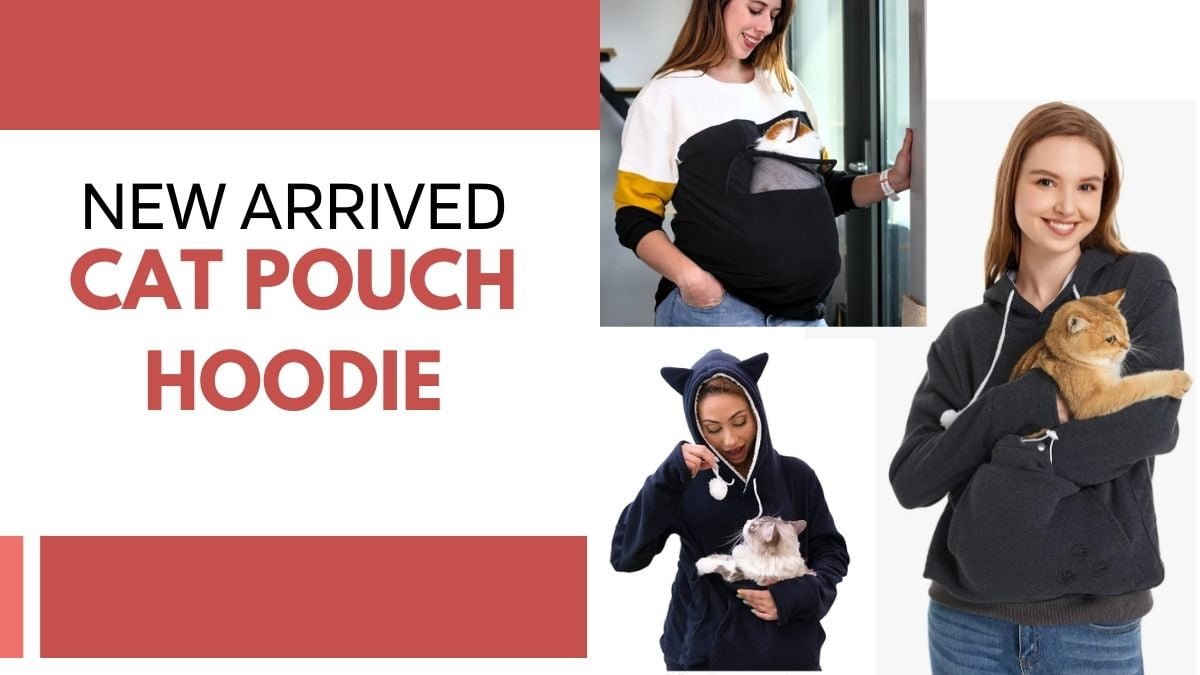
Why Every Cat Owner Needs a Cat Pouch Hoodie?
-
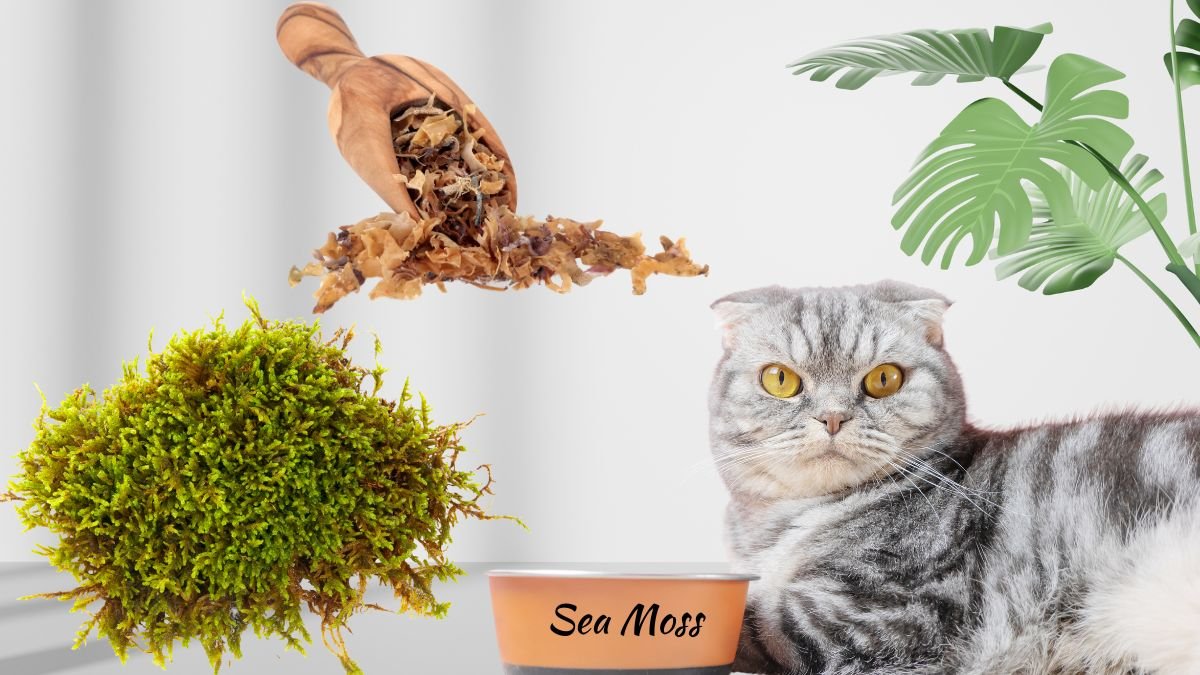
Do Cats Like Sea Moss? Discover the Hidden Benefits of This Trending Superfood!
-
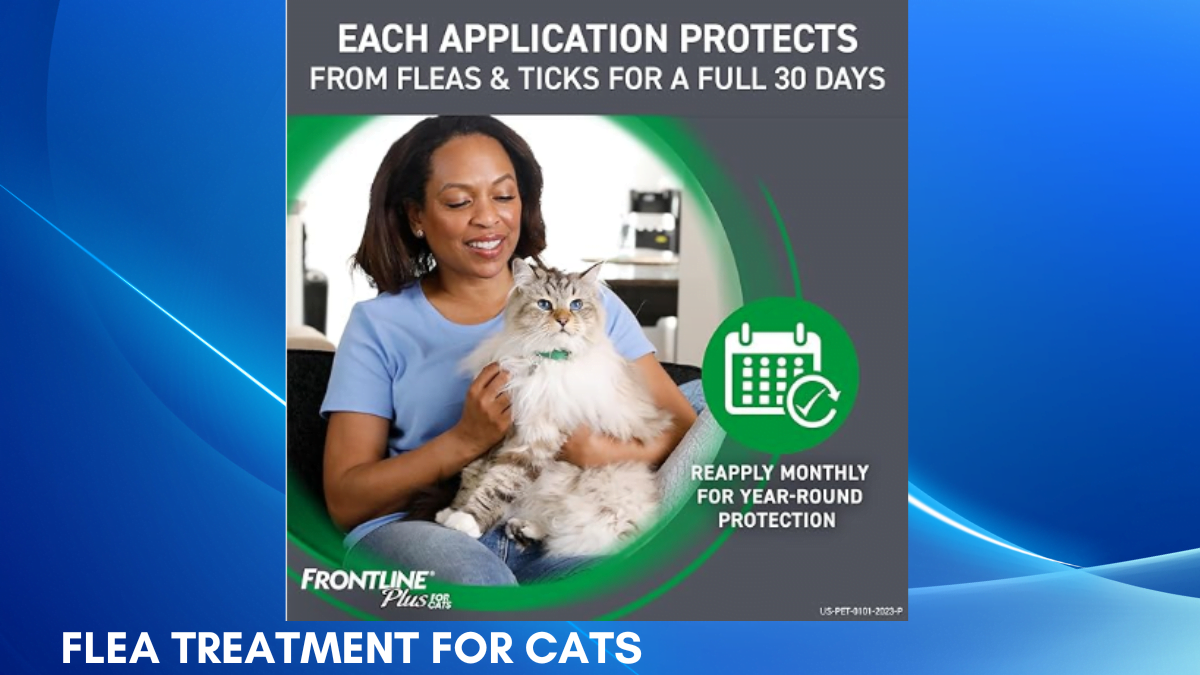
Top 3 Proven Natural Flea Treatment for Cats: Ensure your Feline's Safety and Happiness
-
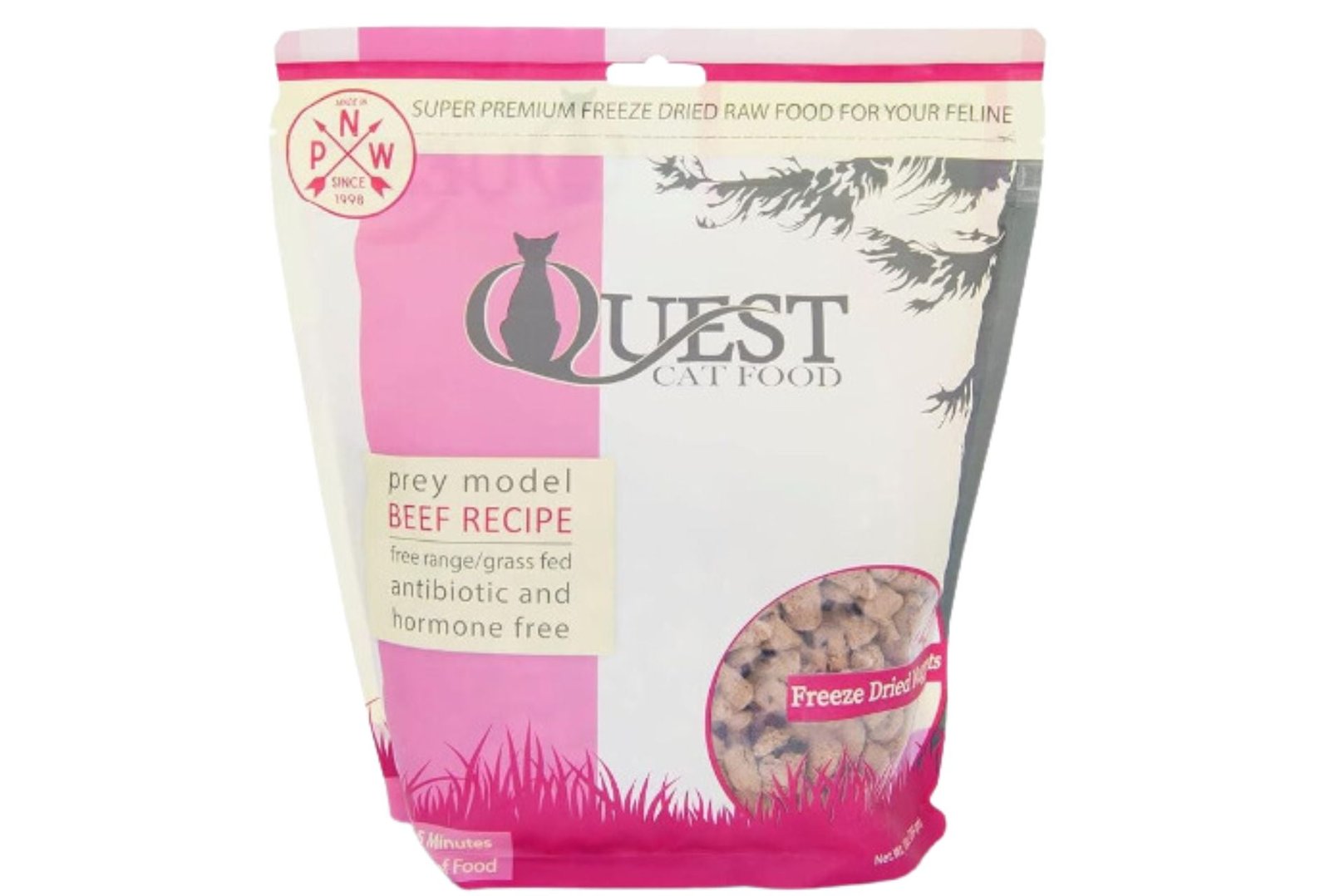
Why Steve's Real Food is the Best Choice for Your Cat?




